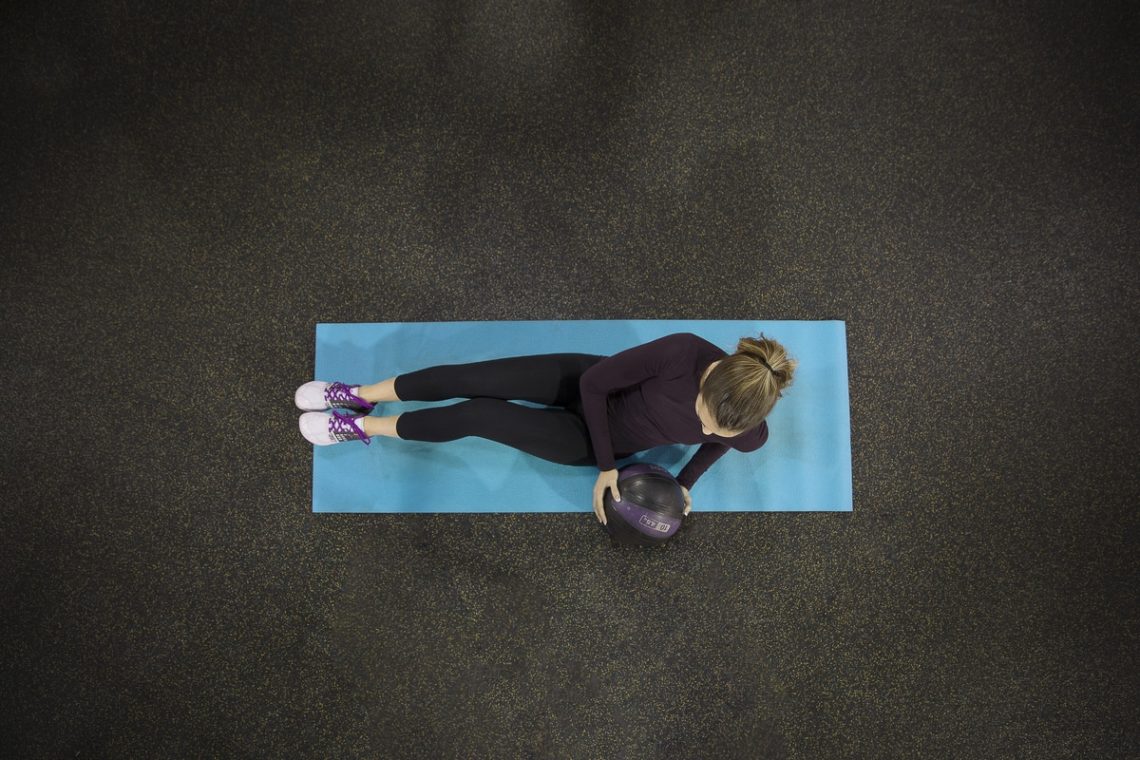
Remembering who I am
Exercise
It’s Tuesday morning. Time for Pilates, a form of exercise designed to engage and, hopefully, synchronise my brain with my body.
I lie on the Reformer bed lifting and lowering my legs. The familiar patterns of movement free my brain enough for me to ask Monica, my Tuesday instructor, if she had a good weekend. “Yes”, she said. Apart from giving some extra classes, she’d been for a beach swim and caught up with friends.
I move on to the next exercise—leg circles, in both directions. Re-engage brain, remember which muscles to use, remember to count. Did she say ten or twelve repetitions?
“How about your weekend?” she asks. My mind goes blank. My weekend? What did I do? More blankness.
Apparently, I’m in a clue-free, memory-free zone. Good grief, it was only two days ago! Finally, relieved, I recall my relatively quiet and obviously forgettable weekend.
Time for the next exercise. Activate muscles, move your limbs a different way. Twelve repetitions.
Brain
We chat about why it’s so hard sometimes to remember even recent things, and why the events of one day can meld and merge into others. Sometimes, it really is a mental strain to rewind time and put events, places, people, back into chronological order. Life is so fast-paced, so full of activity and change that our brains feel overloaded.
Next exercise. Switch attention, refocus, count again.
“It’s like a messy dressing table”, Monica says. “Your brain is like a dressing table covered with stuff.”
I picture an old-fashioned one, painted white, with curved legs and a three-paned mirror. It’s strewn with discarded scarves, jewellery, makeup, hair clips, a brush, Post-It notes, bills, photos and an empty mug. Dust.
Mess

The problem is, she says, that there’s no time to evaluate all the information coming in, so we end up with a tangled mess of stuff piled up in our brains. It’s got to be processed some time; you just can’t do it right now.
In the meantime, the input has to go somewhere and so all the random bits of information collect in your brain and wait to be disentangled. That’s why it’s so hard to retrieve anything new, she says.
I think about all the information that accumulates continuously in our heads at every waking moment. No matter what it is, it enters through our senses, thoughts and emotions.
The sight of an un-made bed or the distant drone of a lawnmower. The biting cold of the winter wind or those angry words spoken in haste. The flavour of your grandmother’s ravioli or your manager’s unexpected email. Yesterday’s Pilates session.
All of it gets caught up in the knotted mess of impressions, facts and memories. The mess sits there waiting to be combed through and teased out, to be smoothed and arranged.
Process
But apparently, we’re not yet finished with the dressing table. Monica says, the drawers hold everything that’s been classified and organised. Our brains have already analysed and categorised and filed earlier batches of information into drawers.
That means we can retrieve it more quickly and with less effort, whenever we need to. It’s no longer piled in a messy heap.
I remember something I heard that week on the radio—our brains process each day’s information while we sleep. It’s astounding but true. Information gets settled into our memories when we’re counting Zs.
I tell my instructor how impressed I am with her extended dressing table analogy. And I relax a little. My momentary memory lapse seems understandable now, and slightly more interesting.
Memory
But why did such a trivial incident bother me at all? My short term memory has never been strong. I’ve always struggled to remember what happened yesterday or what someone said to me five minutes ago.
But it seems my memory’s temporary failure to spark made me wonder, just a little, if it’s beginning to decline. Perhaps it is. I really can’t say.
But what I do know is that memory—the ability to store and recall information—really matters to me as a human being. My brain is a vast repository of information, a lifelong record of everything I’ve ever known or experienced. Even of things I’ve only imagined.
These memories underpin my sense of identity because they are things that have shaped who I am. But I must say that these days it’s getting easier for me to retrieve the older memories rather than the newer ones. You might know the feeling.
Sensations
I remember lunchtime skipping games in the schoolyard, with school chums turning the ends of a long thick rope—thwack, thwack, thwack—as I got ready to run in and jump without getting hit. Sometimes there were two ropes. They turned them together but in opposite directions, a mildly terrifying scenario which meant jumping twice as fast.
I remember the slippery sensation of sweat forming on my legs as I sat on our 1970s tan-coloured vinyl lounge in summer. And the satisfying fragrant squish when I bit into the butterfly cakes my Mum used to make. Their little ‘wings’ were dusted with snowy icing sugar, and they oozed sweet bursts of strawberry jam and whipped cream. With the first bite, a dainty white moustache would form on my upper lip, a delicious mix of sugar and cream.
Remembering these simple childhood sensations reminds me of who I am. Each recollection is a three-dimensional, brightly-coloured building block of memory that made me who I am today.
Identity
The thwack of the jumping rope affirms my love of rhythm. Sweaty legs on vinyl confirm my preference for warm weather. And Mum’s butterfly cakes undergird the sweet knowledge that I have always been loved.
But the more I think about it, the more I realise that there’s another kind of remembering that affirms, undergirds and confirms my identity. It anchors my identity in truth and facts. It doesn’t rely on my unreliable memories with their fuzzy edges, blank spaces, rose-coloured tints and embroidered details.
This crisp, black & white kind of remembering relies on words. These words clearly describe and confirm my identity, telling me who I am—who I am in Christ Jesus.
Each time I read words like these in the Bible, they remind me that while I am the only one of ‘me’, in other ways I am just like everyone else who is in Christ Jesus. My character and personality are distinct, and my experiences are unique. So are yours. But in another way we are all the same, because everyone who trusts in Jesus is a forgiven sinner.
Every believer is saved and set free because Jesus gave his life to pay for all our sin, once for all. In him, each one is granted every spiritual blessing and adopted into God’s family and marked as his own. Together, we are co-heirs with Christ Jesus and will join him glory (Rom 8:17; 1 Cor 6:19-20; Eph 1:3-14).
Rest
Perhaps, one day, our stores of earthly memories will resemble a disordered dressing table. Perhaps, one day, we’ll struggle to find the words that confirm our identity in Christ.
But we need not fear. We can rest in the deep and abiding assurance that he will not forget, that he will remember.
Our identity as believers—whether we can remember it or not—will remain secure and unchanged in our faithful and steadfast Saviour. As the apostle Paul affirms:
For I am convinced that neither death nor life, neither angels nor demons, neither the present nor the future, nor any powers, neither height nor depth, nor anything else in all creation, will be able to separate us from the love of God that is in Christ Jesus our Lord (Rom 8:38-39).
Featured image: Photo by Prixel Creative | Lightstock.com




